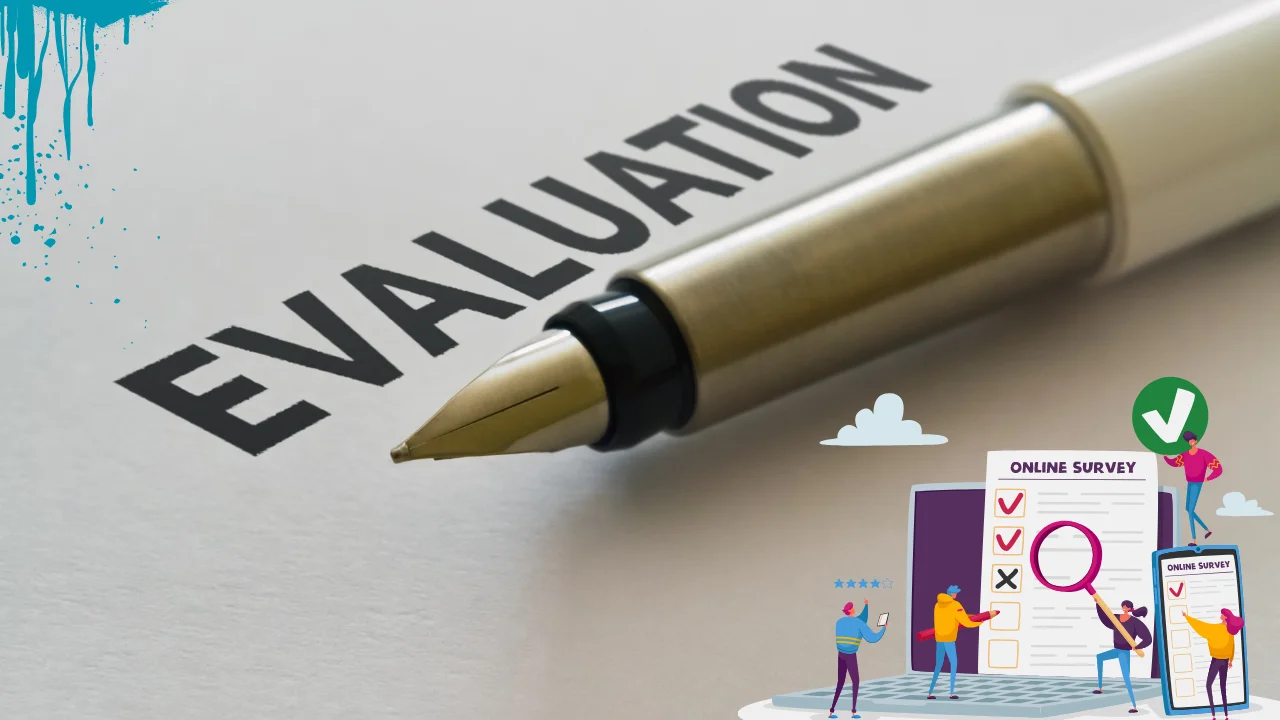Evaluation: Definition, Meaning and Examples
What is evaluation? It is a systematic assessment or judging of value or quality of anything. It has increased the effectiveness of particular activity and considered a crucial point in education, social programs and business analysis. The simplest definition of it is collecting and analyzing of data in order to inform the worth and merit of particular activity or work.
Analysists collect data of particular work and after analysis they make judgement of that work which can be different from already existing information. assessment, at its core, is a systematic and structured process that includes setting criteria, collecting data and interpretation of that data in order to make important decisions.
It determines the failure and success of particular activity or program. It gives deep understanding of subject being studied. It allows an individual or organizations to make right decision of particular activity and remove flaw for improvement.
Summary
Evaluation is essential for any activity, whether it is education, business or any other social programs. It gives deep insight, better understanding, perfect measurement and worth of any initial activity, providing feedback for improvement. It works as dynamic process that is essential for informed decision making. It reveals the effectiveness and efficiency of any program for social security and benefits and works as a mirror for outcome.
Meaning Of Evaluation in Hindi and Education
In education, it is a process of assessing the learning, performance and understanding of students on a specific topic. It is helpful to the educators in understanding the effectiveness of the methods curriculum and the other activities. Actually, it facilitates the students in the process of learning and development. In Hindi it stands for rise, growth or development.
The significance of Evaluation
It is very significant and plays important role in judging the value of something.
Helpful for achieving goals
It gives clear objectives to identify and measure programs. Organizations measure progress through different tools and determine whether they are on the right way for achieving their goals. Organizations make effort and get insight and direction through analysis and assessment.
Helpful in decision making
Assessment marks the weakness and strength of particular program. It allows organizations to process any program systematically and gives strategies for successful outcomes. It gives strength for decision making by preventing wrong choices and try to minimize risk of failure. It gives an overall analysis of any performance and provides opportunity for decision makers for informed decision.
Components of Assessment
Criteria
In the process of assessment, setting criteria of research is a key component for successful outcomes. Whether in education, business and any other activity, criteria are considered as a crucial point that provides a standard for meaningful assessment.
Data collection
For assessment, data is collected from two resources, primary and secondary resources. These two are very important point for it. It can be any survey, interview or analysis of documents.it also involves audio recording or personal interview. The type of data collection can be qualitative or quantitative.
Analysis
Once data is collected, the second step involves the analysis of that data. For meaningful outcomes the collected data is interpreted from various tools and means. This includes statistical analysis, thematic analysis, deep observation or any other tool. After the critical analysis, experts draw conclusion of any research.
Types
Formative Evaluation
It means to give feedback for improvement. For expected outcomes, organizations evaluate from the very beginning of any project and during the process make necessary adjustment for the development of project.
Summative Evaluation
After the end of any program or activity and after analysis of the effectiveness of program, the summative has been done for its continuation or modification.
Conclusion
In conclusion it serves as a hallmark for any project and plays an important role in business, education and other programs. It predetermines outcomes and allows stakeholders to make informed decision. It makes any program more powerful, purposeful and effective. Organization and individual should recognize it’s worth, importance and value and use it as a tool for right decision and achieving their goals.







